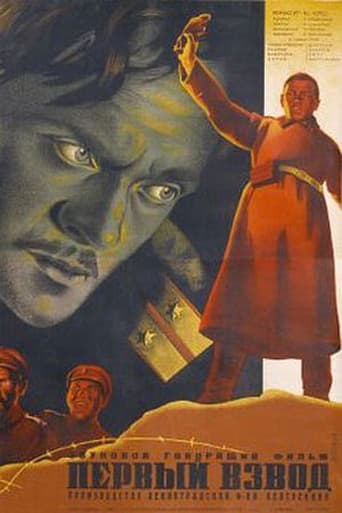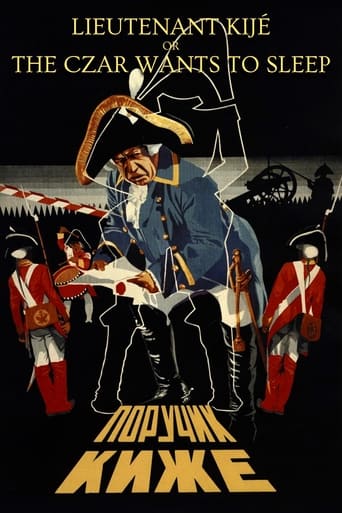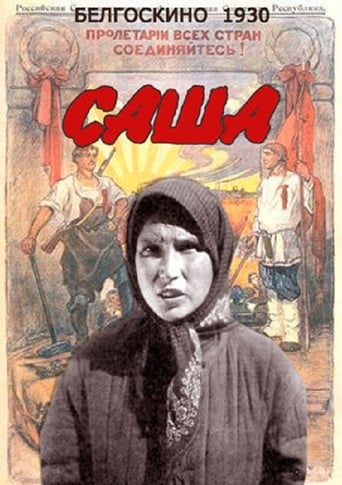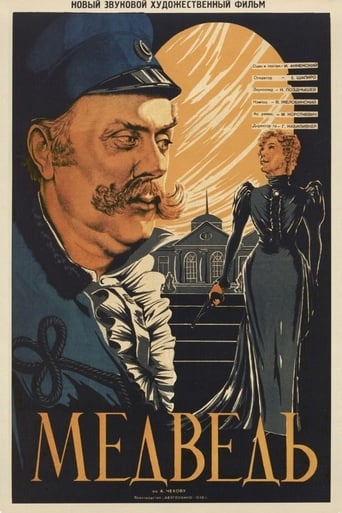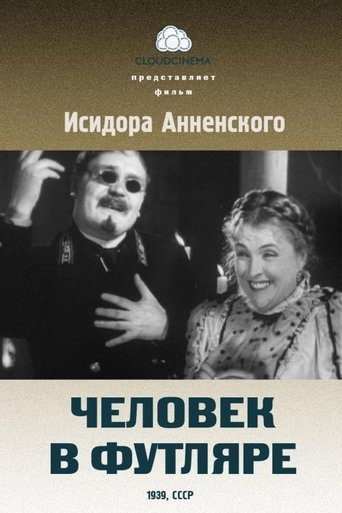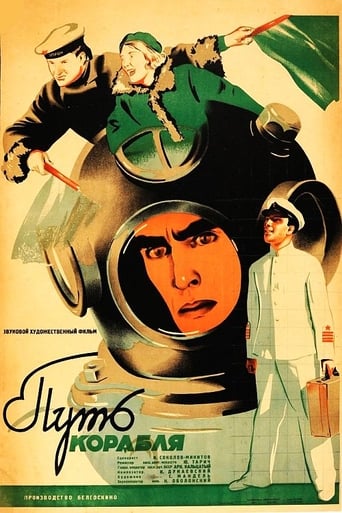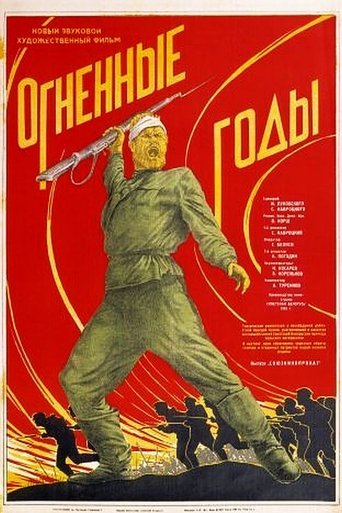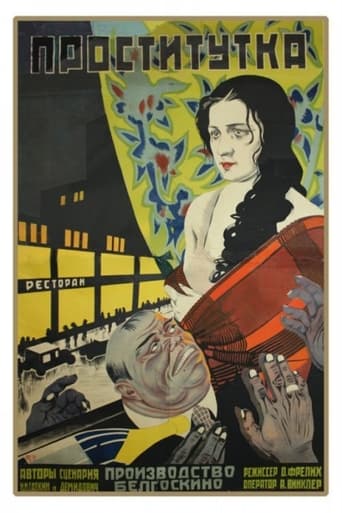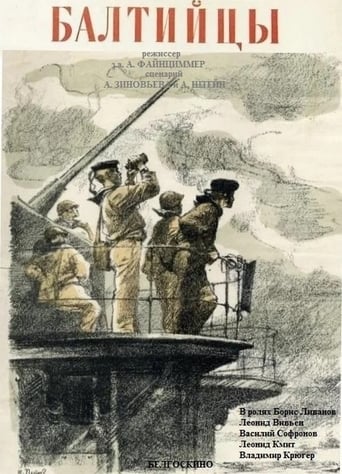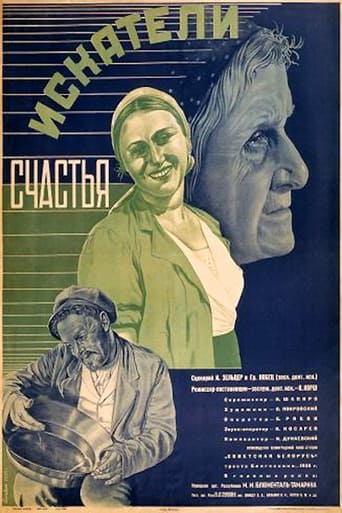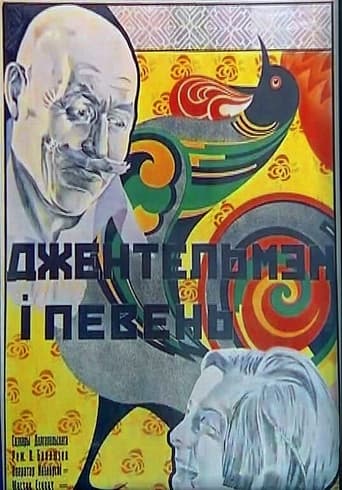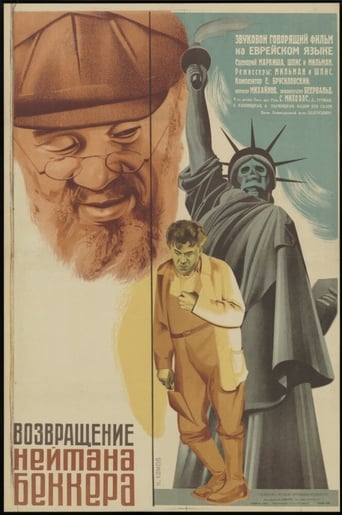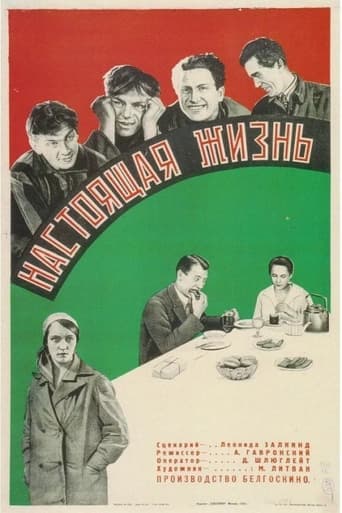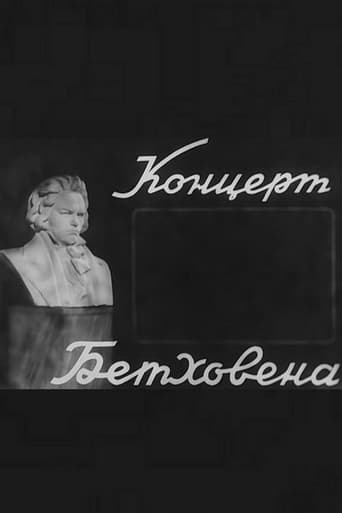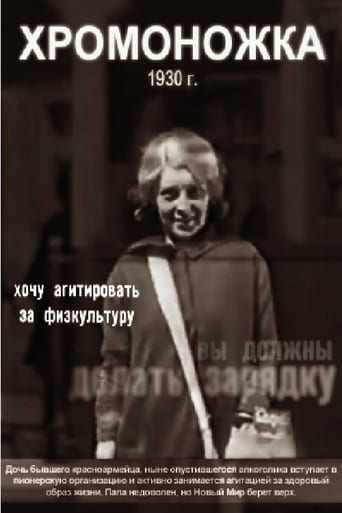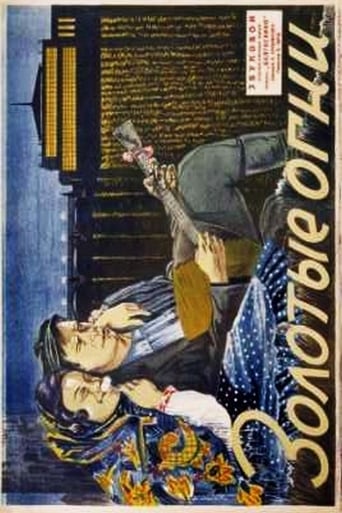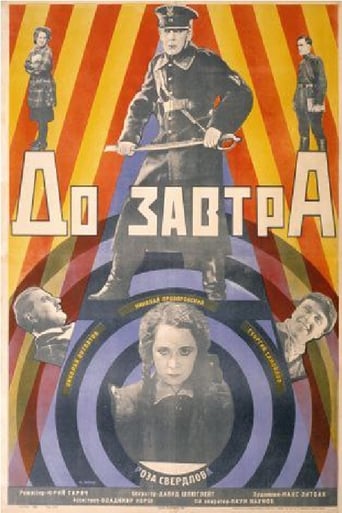Belgoskino
Lieutenant Kizhe 1934
A copying error by a military scribe turns the Russian words "the lieutenants, however" into what looks like "lieutenant Kizhe". The Tsar reads the error, and wants to meet this (non-existent) lieutenant. The courtiers, eager to avoid the wrath of the temperamental Tsar, create a Kizhe to serve as their royal scapegoat.
Sasha 1930
A Russian woman tells the tragic story of her life.
The Bear 1938
A romantic comedy based on an Anton Chekhov play of the same name. A young man comes to collect a debt owed to him by the widow Popova's late husband. They argue , duel with pistols , and fall in love while all of this is witnessed by Popova's servant Luka.
Man in a Shell 1939
The Greek teacher Belikov, who works in a rural gymnasium, loved to keep things in cases, was afraid of everything and lived himself, as if in a case, on the principle: “no matter what happens”. By this principle, he literally "terrorized" the gymnasium and the villagers. Hope appeared when Varenka arrived in the village - “not a girl, but marmalade”, although she was already aged, and “did not mind being married, even if only to a teacher of the Greek language”.
Way of the Ship 1935
The Soviet motor ship "Albanov", running into a submarine rock, crashes in North sea. Passengers and command on boats head for off-shore rocks and find temporal shelter. Getting a signal about the calamity of motor ship, detachment of divers-rescuers at the head with the chief of party - commissar Petrov - begin works on getting up "Albanov".
His Excellency 1928
This 1928 film features stylized cinematography and actors from the Moscow Art Theater in a fiction story based on the life of Jewish Labor Bund member Hirsch Lekert who attempted to assassinate the Vilna governor in 1902 to avenge the flogging of workers who participated in a May Day rally.
Years of Fire 1939
Follows the story of the 26 Artillery Division of the Soviet Red Army.
Tale of the Woods 1926
A young Belarussian man joins Soviet partisans in order to fight Polish occupational forces in Belarus.
Prostitute 1927
A bold study on the dangers of prostitution in the Soviet Union in the 1920s. It's sort of dramatic fiction that tells the story of Lyuba, which after irremediable events, loses his honor, being obliged to exercise the oldest profession in the world to survive. She hopes for better days and a new opportunity. The film also shows us the story of two other women who also need hope.
Балтийцы 1938
Seekers of Happiness 1936
During the 1920s, many impoverished Jews searching for a better life made their way to Birobidzhan, the Soviet Jewish Autonomous Region on the Chinese border. This melodrama tells the story of a Jewish family's immigration to Birobidzhan and their experiences as settlers on a collective farm in the area.
The Gentleman and the Rooster 1929
The film mocks the moribund world of pan-Poland. The border established by the Treaty of Riga between pan-Poland and Soviet Belorussia passed through the estate of Polish Count Wadecki. The best part of the estate with the palace ended up on Soviet territory. From that moment on, the count lost peace and sleep. New owners - a noisy, cheerful pioneer squad - took up residence in the former manor house. The count's servants, shepherd boy Vasya and servant girl Yadya, watch the life of their neighbours with keen interest. Having accidentally crossed the border in search of a stray cow, Vasya happily stays in Soviet Belarus. He is followed by Yadia. Eventually the Count and his "lordly" guests cannot bear the sight of the noisy youth festivities on the Soviet side and flee. Yadia and Vasil participate in the Soviet youth party.
The Return of Nathan Becker 1932
A bricklayer of Jewish ancestry leaves capitalist America during the Depression for the promise of Soviet Russia.
Real Life 1930
Beethoven Concerto 1936
Two young boys are learning to play violin and getting ready to participate in a great music competition.
Соловей 1937
Khromonozhka 1931
A girl with a alcoholic fathers struggles to fit in.
The Red Village 1935
The movie's opening sequence takes place in 1921, towards the end of Russia's civil war, as the Red Army are vanquishing the last Menshevik forces of the White Guard along the western frontier.
Till Tomorrow 1929
A story of Belarusian children that are enrolled in a special school. The orphans live in gymnasium shelter under poor conditions and high-school students are showing interest in life in Soviet.
